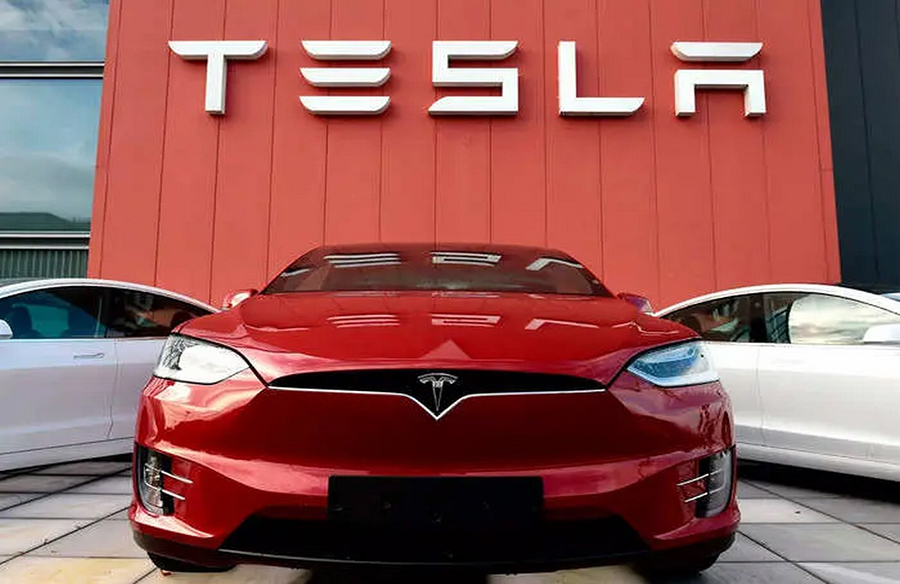Tesla is gearing up for a trial concerning a lawsuit filed in 2019 related to a fatal crash involving its Autopilot feature and is now making a last-minute effort to bring an Apple engineer into the case as a witness.
Background of the Lawsuit
The lawsuit stems from the death of Wei “Walter” Huang, an Apple engineer, in 2018. Huang’s Model X Tesla crashed into a safety barrier while the Autopilot mode was engaged, prompting his family to file a wrongful-death lawsuit against Tesla.
Tesla’s Defense Strategy
In an attempt to shift blame onto Huang for the collision, Tesla plans to introduce a sworn statement from an Apple employee. The statement alleges that Huang was distracted and playing a game on his iPhone at the time of the crash, implying his inattentiveness as the primary cause.
Response from Huang’s Family
Attorneys representing Huang’s family have pushed back against Tesla’s move. They accuse Apple of clandestinely aiding Tesla’s defense by providing data from Huang’s iPhone, leading to the revelation of the Apple engineer’s sworn statement.
Apple’s Involvement
Apple, although not a party to the case, finds itself entangled in the legal proceedings. The company has sought a protective order to prevent questioning of the engineer, citing concerns about disclosing privileged material and seeking clarity from the court regarding its obligations.
Legal Maneuvers
The Huang family’s attorneys argue that Tesla’s delayed disclosure of the sworn statement and Apple’s subsequent actions indicate an attempt to influence the trial’s outcome. They emphasize the need for transparency and fairness in the legal process.
Trial Implications
With the trial scheduled to commence soon, the involvement of an Apple engineer and the legal wrangling surrounding it add complexity to the case. The outcome will not only impact Tesla’s defense strategy but also shed light on the responsibilities of automakers in cases involving autonomous driving technologies.
